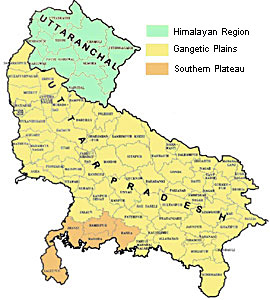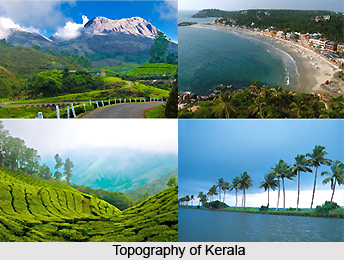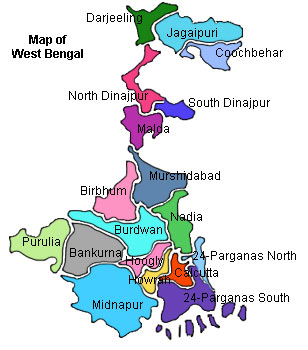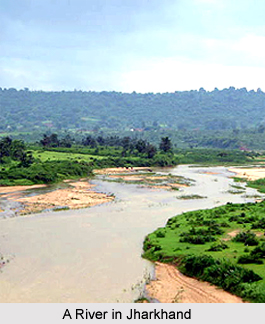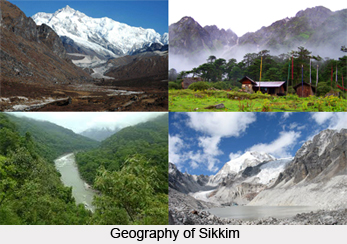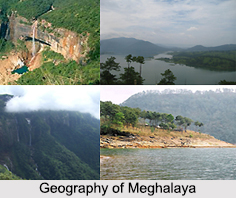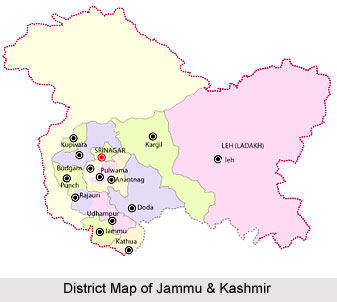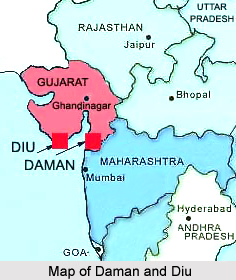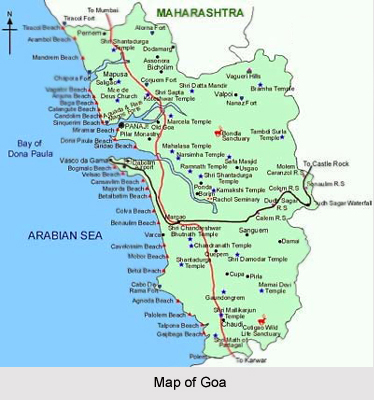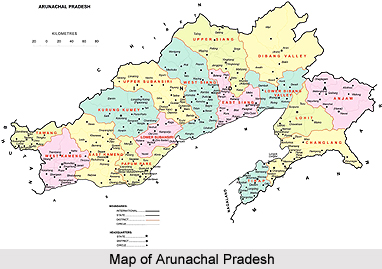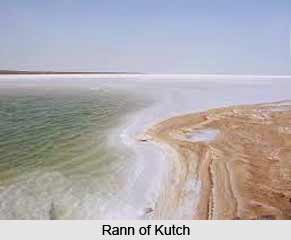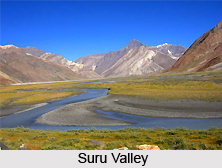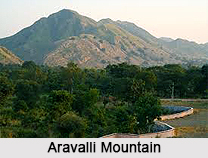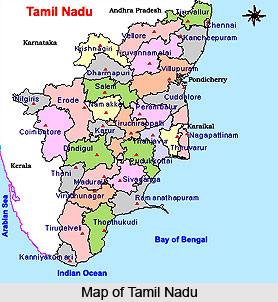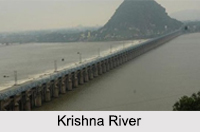 Krishna River is an Indian river which has been named upon a God of India, Lord Krishna. River Krishna is also called Krishnaveni, a mythological river of India. It means dark in Sanskrit and is the fourth biggest river in India in terms of water inflow and river basin area. A number of bridges and dams have been formed on the Krishna River and is known to be a polluted river.
Krishna River is an Indian river which has been named upon a God of India, Lord Krishna. River Krishna is also called Krishnaveni, a mythological river of India. It means dark in Sanskrit and is the fourth biggest river in India in terms of water inflow and river basin area. A number of bridges and dams have been formed on the Krishna River and is known to be a polluted river.
Geography of Krishna River
Krishna River is about 1300 km in length. The Krishna River Basin extends over an area of about 258,948 sq. km, which is nearly 8 percent of the total geographical area of the country. Regur soils, red soils, laterite and lateritic soils, alluvial soils, mixed soils and saline and alkaline soils are found in the Krishna River Basin. The River Krishna Delta is one of the most fertile regions in India. Krishna River flows past the Kodashi Dam Barrage in Maharashtra. Ecologically, Krishna River causes heavy soil erosion during the monsoon. In the months of June and July, Krishna River takes the fertile soil from Maharashtra, Karnataka and western Andhra Pradesh towards the delta region.
Origin of Krishna River
Krishna River starts its journey from the Western Ghats Mountain Range at an altitude of about 1300 m above sea level. More specifically, the origin is in Mahabaleshwar near a village of Maharashtra called Jor village in the extreme north of Wai taluka of Satara district, West india.
Course of Krishna River
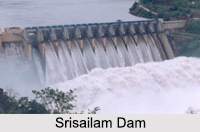 The Krishna River passes through the Indian states of Maharashtra, Karnataka, Telangana and Andhra Pradesh and meets the Bay of Bengal at Hamasaladeevi in Andhra Pradesh, on the east coast.
The Krishna River passes through the Indian states of Maharashtra, Karnataka, Telangana and Andhra Pradesh and meets the Bay of Bengal at Hamasaladeevi in Andhra Pradesh, on the east coast.
Tributaries of Krishna River
Tributaries of Krishna River is many and the most important tributary is the Tungabhadra River. It has been formed by the Tunga River and the Bhadra River which originate in the Western Ghats Mountain Range in India. Other tributaries include the Koyna River, Bhima River, Kundali River, Malaprabha River, Ghataprabha, Yerla River, Warana River, Dindi River, Musi River and Dudhganga River.
Religious Significance of Krishna River
The Krishna River is considered to be one of the sacred rivers of India like Ganga River and Yamuna River. According to Indian Mythology, Krishna River is believed to be an incarnation of Lord Vishnu, created as a result of a curse by Savitri. Traditionally, this river is believed to be originated from the mouth of a statue of a cow. It is said that Lord Dattatraya had spent some of His days in Audumber, on the banks of Krishna River. The tributaries of Krishna River are believed to be Lord Shiva and Lord Brahma. According to a legend, a ritual dip in this river can wash away all the past sins and impurities of a human being and purify him.
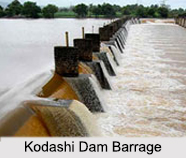 Ecological Significance of Krishna River
Ecological Significance of Krishna River
Krishna River has an Indian forest called mangrove forest beside it, which is ecologically significant in different ways. It is a home of a large number of species like fishing cat, otter, estuarine crocodile, spotted deer, sambar, black buck and resident and migratory birds. This forest has been declared as Krishna Wildlife Sanctuary. This sanctuary has nurtured rich vegetation with plants like Rhizophora, Avicennia and Aegiceros.
Dams on Krishna River
There are two dams which have been constructed on the Krishna River, one at Srisailam called the Srisailam dam and other one at the Nagarjuna hill. There are many waterfalls found along its tributaries namely Ethipothal, Pedda Dukudu, Gundam and Chaleswaram.
Places of Interest on the Banks of Krishna River
Wai is the first Indian city on the banks of Krishna River in Satara district. Sangli is the largest city on the banks of Krishna River in Maharashtra, while Vijayawada is the largest city on the banks of Krishna River in Andhra Pradesh. Places like Audumber and Narsobawadi are situated on the banks of Krishna River near Sangli are famous pilgrimage spots. Srisailam, one of the twelve jyotirlingas which has a shrine in one of the shakti peethas in India on the Krishna River. There are three tributaries which meet Krishna River near Sangli. Warana River meets Krishna River near Sangli at Haripur. This spot is also known as Sangameshwar. These places are considered among the most sacred in Hindu mythology.
